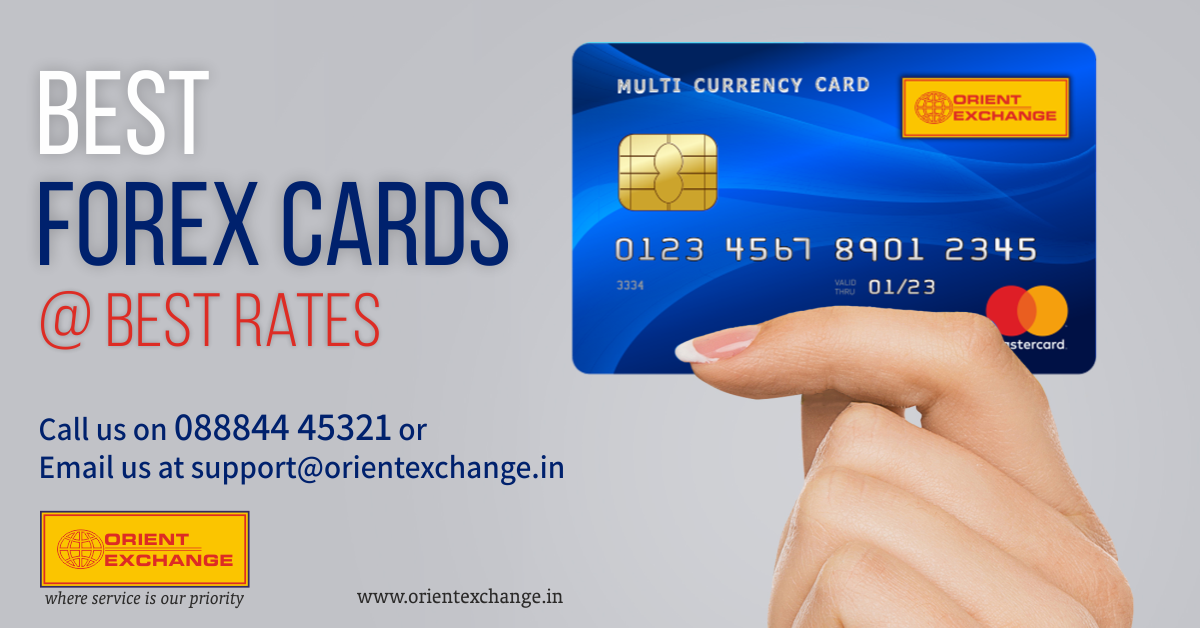Venturing into the wide world can be both exhilarating and daunting. One of the most important considerations is how to manage your finances while abroad. When it comes to paying for expenses, you have two primary options: credit cards and forex cards. Each has its own advantages and drawbacks, so choosing the right one is crucial. This comprehensive guide will delve into the world of credit cards vs. forex cards, empowering you with the knowledge to make an informed decision for your next foreign adventure.

Image: medium.com
Credit Cards: Convenience and Rewards
Credit cards offer the convenience of paying for goods and services anywhere that accepts them. They also provide a layer of protection against fraud and theft, and many offer rewards points or miles that can be redeemed for future travel or other perks. However, credit cards can come with high interest rates and foreign transaction fees, which can add up quickly if you’re not careful.
Pros:
- Convenience and acceptance worldwide
- Anti-fraud and theft protection
- Rewards points and travel benefits
Cons:
- High interest rates on unpaid balances
- Foreign transaction fees
- Potential for overspending
Forex Cards: Exchange Rates and Flexibility
Forex cards are prepaid cards that you load with foreign currency before your trip. They offer more favorable exchange rates than credit cards, and there are no foreign transaction fees. However, forex cards can be less flexible than credit cards and may not be accepted everywhere.
Pros:
- Favorable exchange rates
- No foreign transaction fees
- Easy to budget and control spending
Cons:
- Less accepted than credit cards
- Can be difficult to reload while abroad
- Potential loss of funds if the card is lost or stolen
The Best Choice for Your Needs
Ultimately, the best choice between a credit card and a forex card depends on your individual needs and preferences.
- If you value convenience, rewards, and protection, a credit card may be your best bet.
- If you’re looking for the best exchange rates and want to avoid foreign transaction fees, a forex card is a wise choice.
.webp)
Image: fi.money
Tips for Using Credit Cards and Forex Cards Abroad
- Inform your bank or credit card issuer of your travel plans to avoid fraud alerts.
- Set a spending limit and stick to it to avoid overspending.
- Opt for credit cards or forex cards with minimal foreign transaction fees.
- Keep your cards safe and report any lost or stolen cards immediately.
- Consider using a combination of credit cards and forex cards for optimal flexibility and savings.
Credit Card Vs Forex Card For Foriegn Travel
https://youtube.com/watch?v=j0yaAiXCNdA
Conclusion
Navigating foreign currencies can be a challenge, but it doesn’t have to be overwhelming. By understanding the differences between credit cards and forex cards, you can make an informed choice that aligns with your travel style and financial needs. Embrace the adventure, manage your finances wisely, and create unforgettable memories without the worry of navigating foreign exchange!






